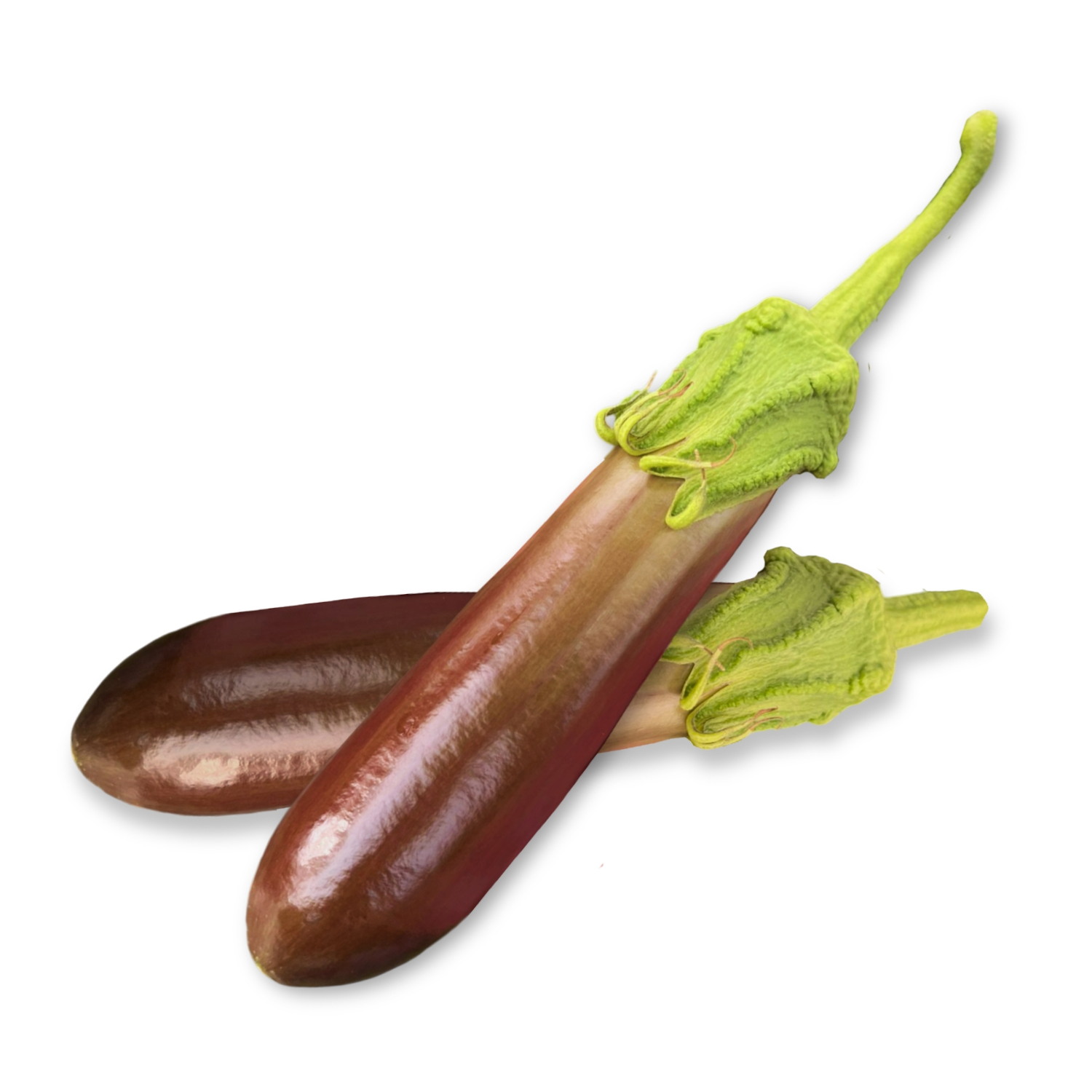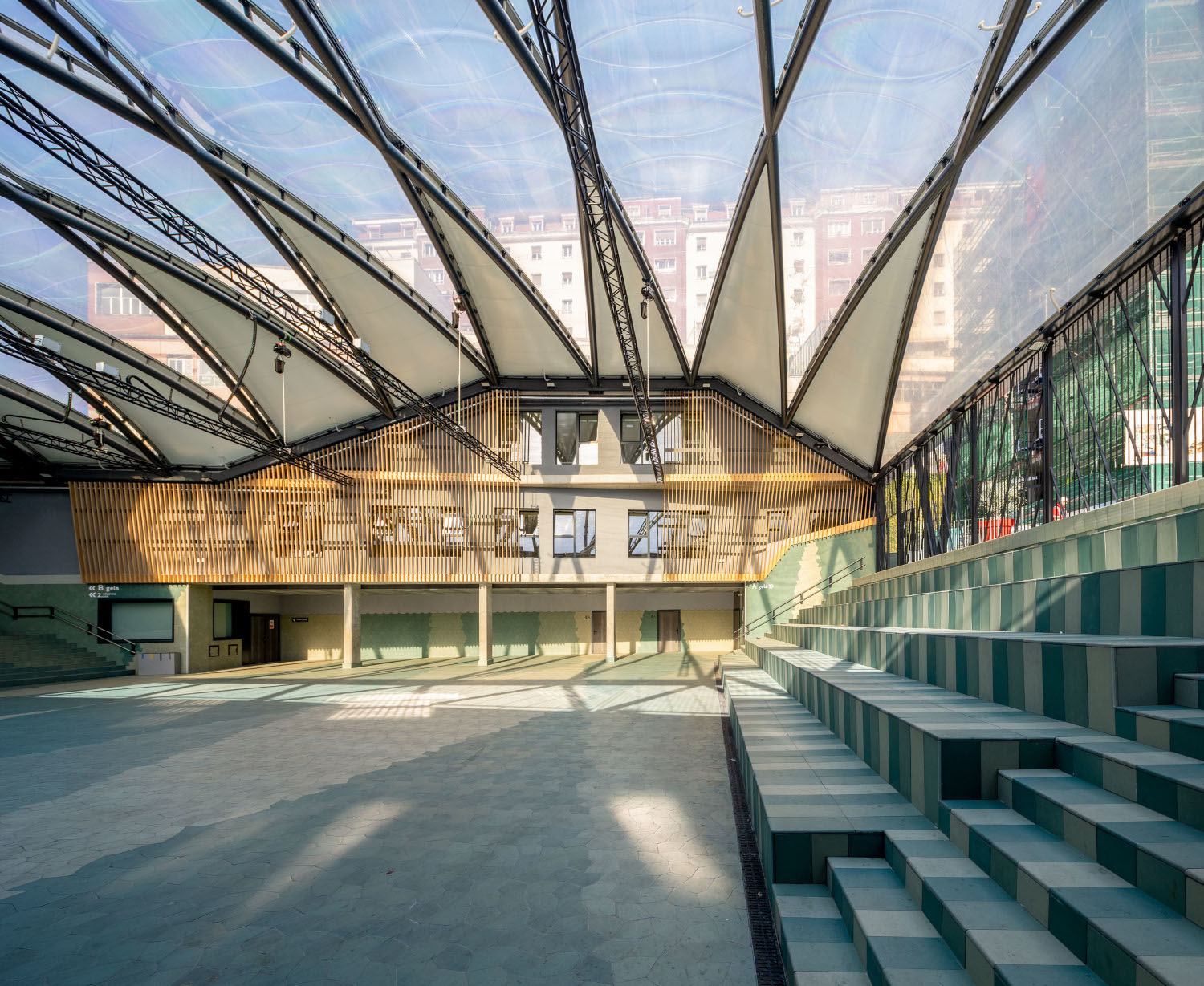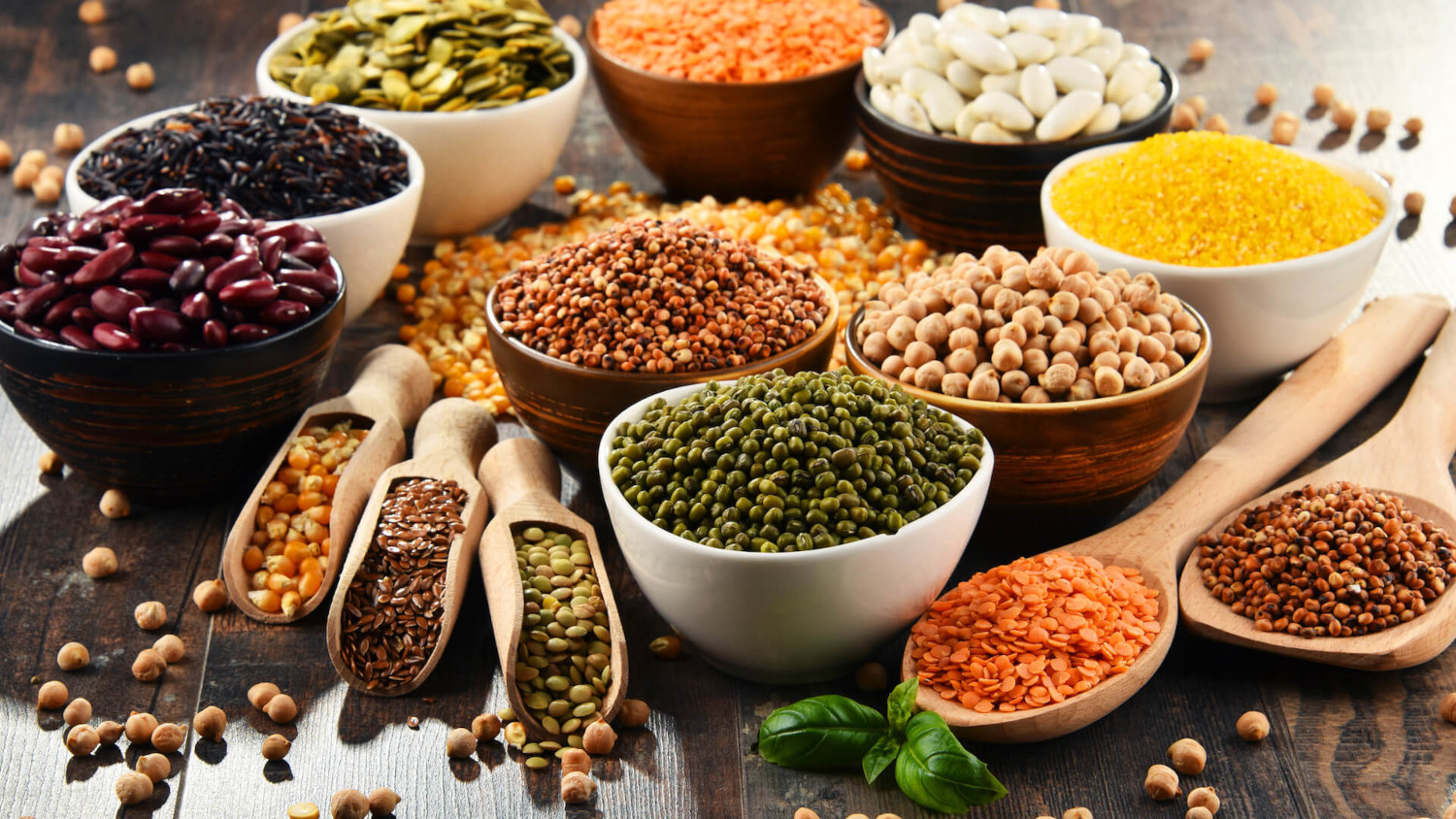Be careful with calm, go!

The smell of pachuli (Pogostemon cablin) doesn't like me. Its smell is heavy, penetrating, sour, earthy and woody, dry, evokes smoke, camphor (Cinnamomum camp), syrup, glass, liquors and medicines, and has a smell of mold for some. Perfumers claim that, like Jasminum fruticans and almizclero, it is an instigator of lusts, erotic and addictive. Well, if I hear it a little bit close, a little bit of nausea. Out, out! Out! No wonder I don't know anyone who uses that perfume around me. The people of the Old Age used it, the “hippies” said it the other day; and I find myself in the demonstrations with what is almost stale for me. I don't hear more crowds of people, either in the tanneries, in the oxen tests, in the steelworks, in the concerts, in the fairs... The special suit for the manifestations is apparently a perfume of pachuli; apparently, with the wet chest more “prisoners at home” or “no to incineration” or “health, freedom” or...
Pachuli is a plant in Southeast Asia. The name comes from the Tamil language and means green leaf. Its main benefit is the oil of essence that is generated from the distillation and refining of leaves and peduncles in the barrels. Although it is currently produced in most tropical regions of the world, Indonesia is the main producer, as it provides 90 per cent of the pachuli oil used in the world: some 1,600 tonnes. Other species of the genus Pogostemon are also used in this extensive oil production, P. heyneanus and P. Plectranshoides, for example.
Patxulia has many uses. Green and dry leaves in the kitchen and the oil itself, to scare insects... but it is the most known use as a component of aromatic aromatics and aromas. The fact that it's an insecticide has given it the reputation of being better known as an aroma. Silks, kworms and other tissues imported into Europe from the far east appeared to be perfumed with cream oil to protect themselves from caterpillars and caterpillars. Then that special smell started to look as luxurious as those fabrics.
The essential oil of the Pachulí plant, like similar ones that have an intense odor, has several beneficial functions: through the odor it can protect plants from parasitic insects, as well as from infections and diseases caused by fungi or bacteria; it can also confuse herbivorous animals. On the other hand, oil can facilitate proliferation, as the smell of pachuli attracts insects responsible for the transport of pollen. In addition, the rain spreads the odor of the oil in the air and on the ground and prevents plants that cannot be transported from being installed nearby.
I drew some and drove others away, including myself. Out, out!








-(1).jpg)













